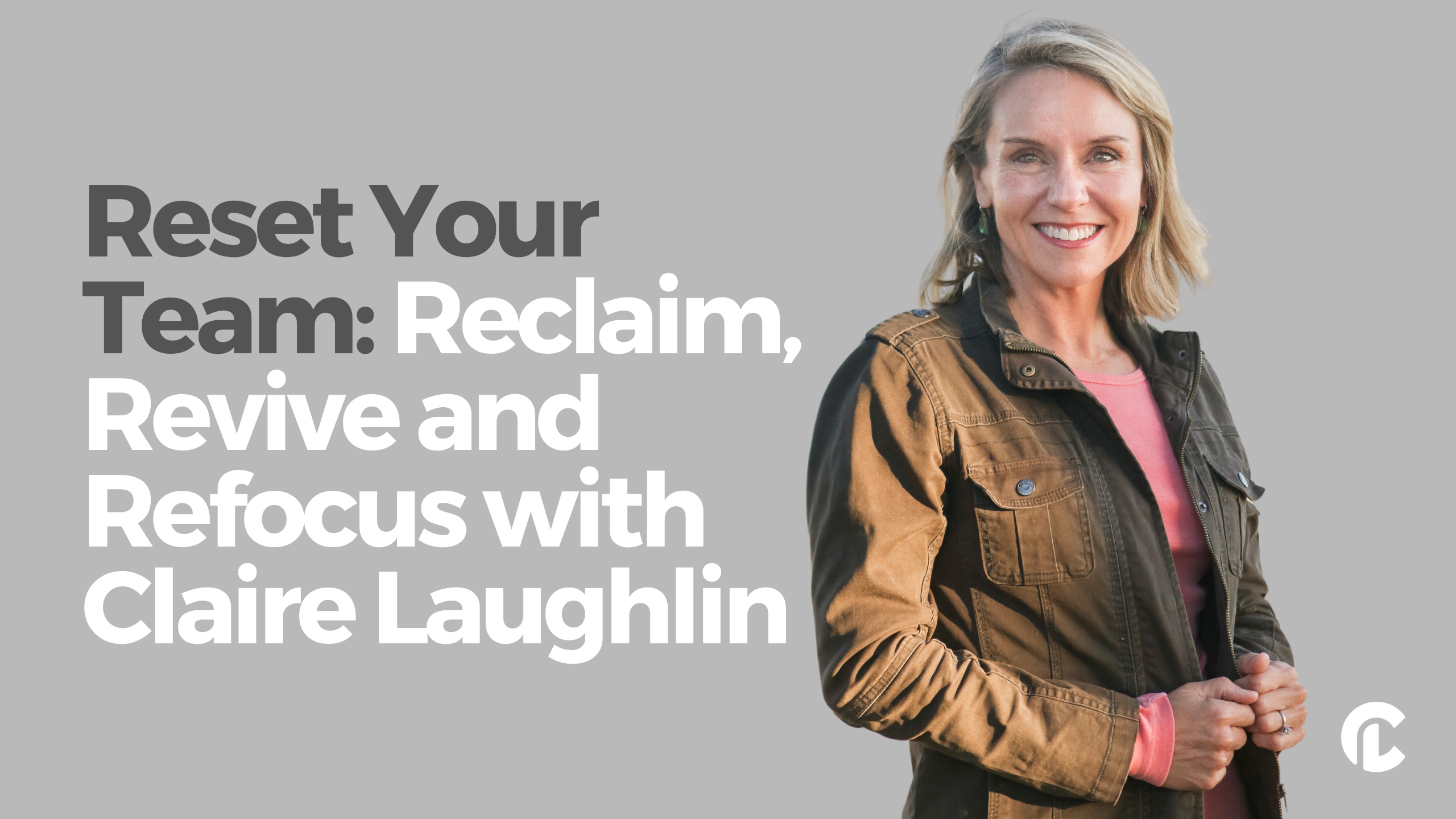Ready for the replay?
Click below to watch the Investigations Happen: How to Avoid Common Mistakes that Disrupt Your Culture webinar replay.
Webinar Highlights
Are investigations inevitable?
There are things you can do, legally and thoughtfully, to ensure your organization is healthy, even during an investigation. Find out more at timestamp: 00:04:01
Mary defines the term INVESTIGATION (00:05:13), and discusses how investigations arise, and various pathways you can take to field and address complaints that can keep you from having to open an investigation in the first place!
The 20/80 breakdown: In the broadest overview, MRG investigations result—only about 20% of the time—in actionable findings (00:08:25). This suggests that potentially 80% of the time, the complaint might have been resolved in another way. Regardless of outcome, investigations mean employees experience the associated tensions and discord, and the fallout has to be mended. Fallout takes many forms, all harmful: loss of productivity, low morale, gossip and rumors, damage to your reputation, turnover and more.
There are many forms of team building and training that you can offer to mitigate and heal the damage done by an investigation. (00:09:23)
Employers have an obligation (00:11:09) to take all reasonable steps to prevent and address unacceptable conduct. Serious problems are not to be minimized. However, there are a significant number of issues that become investigations that may have been best dealt with alternatively.
Are investigations avoidable?
The value of a positive workplace culture can not be overemphasized in the avoidance of complaints that can lead to investigations.
Mary offers today's average cost of an MRG investigation (00:09:48), and Claire asks if the same funds could be better spent "upstream" on training, trust-building, communications and skill building to avoid problematic situations. An employer is likely to spend twice as much on a single investigation than they would on communication or trust training for a whole team.
Mary gets specific about investigative obligations, terms, processes and expectations. (00:12:45)
Tremendous opportunities exist to resolve some issues internally (00:23:36), especially if the initial complaint is received openly and thoughtfully enough to seek the heart of the matter.
Unresolved, one investigation leads to the next. (00:25:23)
What are alternatives to investigations?
Mary recommends a format for your initial intake meeting that satisfies due diligence in the best way possible, leaving the person with the complaint feeling safe, heard and understood. (00:26:00)
We review a variety of support services available to resolve issues before an investigation is deemed necessary (00:30:40).
Mary sites an example of widespread organizational discontent in which one employer used a cultural assessment before deciding whether to deploy investigation (00:36:15). Based on findings, they initially chose to resolve multiple issues rather than heading straight down the path of investigation.
Employers who foster and support strong workplace culture and clear communication have a greater chance to avoid complaints and investigations altogether.
Articles & documents referred to during the webinar, available for download:

Mary Egan
CEO of MRG
Biography

HR
Complaint Intake

MRG Investigation Flowchart

AWI: Principles for Workplace Investigations
Want more? Check out these related webinars
This is the second of a three-part webinar series created to give leaders practical, actionable steps to build trust before, during and after an investigation. Click below to watch the other webinars in the series.

Reset Your Team: Reclaim, Revive and Refocus with Claire Laughlin
With every new team member and every significant change, your team culture shifts. Unless you proactively guide your team through these changes, you will be left with an "accidental culture" marked by low engagement, lack of ownership, silos, unclear standards, and other hazards that can undermine your success! In this webinar, you'll learn how to reclaim cohesion and clarity, re-focus your team around a common purpose, and revive relationships with a strong foundation of trust.

How to Rebuild Trust After an Investigation with Theresa Phillips
Investigations, while sometimes necessary, often undermine the TRUST that every team needs to succeed! And while we all know that trust is the foundation of every effective team, many of us do NOT know how to build or restore trust on our teams. In this webinar, you’ll learn to spot the signs of low trust and intervene effectively, avoiding investigations whenever possible. You’ll also learn techniques to protect trust during investigations, and how to coach your employees back to teamwork.
About the Presenters

Claire Laughlin
Claire Laughlin, MA, is an organizational health consultant and trainer who uses experiential and innovative methods to help executive leaders, teams and entire organizations transform their cultures to become highly engaged and measurably more effective. As an independent consultant and trainer with over 25 years of diverse experience, Claire brings a background in management, a relentless dedication to transformation, and a passion for improving relationships and employee engagement to her work.

Mary Egan
Mary Egan is the CEO and a founding partner of MRG. She is highly skilled at Executive Coaching, Workplace Investigation, and Conflict Resolution. As a Private Investigator and Qualified Manager licensed by the State of California, Mary has handled hundreds of workplace investigations for both private sector and public employers. She is also a founding member of the Association of Workplace Investigators (“AWI”) and spent four years developing the AWI’s published standards for workplace investigations while serving as a faculty member at the Workplace Investigation Institute.

